Moscow, a city of immense cultural and historical depth, can present a unique challenge for visitors who do not speak Russian. While many people, especially in the service industry, have some knowledge of English, this is not always a guarantee. A visitor might find themselves in situations where they must communicate with a limited vocabulary. Therefore, it is important to be prepared. This guide will provide essential Russian phrases and practical tips to help you navigate through common scenarios. By understanding how to overcome Language Barriers in Moscow, you can ensure your trip is not only enjoyable but also respectful and seamless.
The Power of a Few Key Phrases
Learning even a few basic Russian words can make a tremendous difference. Locals genuinely appreciate the effort when a foreigner tries to speak their language. A simple “Здравствуйте” (Zdravstvuyte) for hello or “Спасибо” (Spasibo) for thank you can open doors and create a more positive interaction. It shows respect for the culture. This can help to build a rapport, even if you are unable to have a full conversation.
Here are some essential phrases that every traveler should know:
- Hello: Здравствуйте (Zdravstvuyte) – formal, or Привет (Privet) – informal.
- Thank you: Спасибо (Spasibo).
- Please/You’re welcome: Пожалуйста (Pozhaluysta).
- Yes: Да (Da).
- No: Нет (Nyet).
- Excuse me/Sorry: Извините (Izvinite).
- I don’t speak Russian: Я не говорю по-русски (Ya ne govoryu po-russki).
- Do you speak English? Вы говорите по-английски? (Vy govorite po-angliyski?).
These phrases are the foundation of any polite interaction. They will prove useful in restaurants, shops, and when asking for directions. A phrasebook or a simple cheat sheet with these words can be a lifeline. This small amount of effort can significantly reduce the feeling of helplessness. It is the first step toward overcoming Language Barriers in Moscow.
Leveraging Technology to Bridge the Gap
In the modern world, your smartphone is your best friend when it comes to communication. Translation apps have become incredibly powerful and can be a lifesaver in a pinch. Apps like Google Translate or Yandex Translate offer both text and voice translation. You can type a phrase and have the app say it aloud in Russian. Alternatively, you can use the app’s conversation mode, which listens and translates a back-and-forth dialogue in real time. This can be very useful for more complex requests. For example, you can use it to ask about a specific ingredient in a dish at a restaurant.
Another useful feature of these apps is the camera function. By pointing your camera at a menu, a street sign, or a metro map, the app will translate the text instantly. This makes reading and understanding signs in Cyrillic much easier. Before your trip, remember to download the Russian language pack for offline use. This will allow the app to work even without an internet connection. This is particularly important for navigating the metro system, where service might be spotty. With this kind of digital assistance, you can make communication much smoother. This is a vital strategy for tackling the Language Barriers in Moscow.
Non-Verbal Communication and Cultural Tips
Sometimes, a friendly smile and clear gestures are all you need. Russians tend to be direct in their communication. They appreciate sincerity over small talk. While English might not be widely spoken, a warm smile and a polite tone can often convey a willingness to communicate. When asking for directions, for instance, you can point to a location on a map. This is often more effective than trying to describe it with a limited vocabulary.
It is also helpful to understand a few cultural norms. When addressing someone you do not know, especially an older person, it is polite to use the more formal “Здравствуйте” and to speak slowly and clearly. People are often willing to help if they see you are making an effort. Remember to be patient, as the person you are talking to might be trying to understand you as well. Learning even a few letters of the Cyrillic alphabet can also be surprisingly helpful. It allows you to sound out street names and signs, which can give you a better sense of direction. This makes it easier to compare signs to the romanized text in your app or guidebook.
In conclusion, a trip to Moscow is a fantastic experience, and the language should not be a cause for anxiety. By learning a few basic phrases, having a translation app on your phone, and being mindful of non-verbal communication, you can navigate the city with confidence. These simple preparations will make your interactions with locals more meaningful. They will also help you feel more comfortable and independent. Therefore, with the right tools and a positive attitude, you can easily overcome Language Barriers in Moscow and immerse yourself in the city’s unique charm.

 Language Barriers in Moscow: Essential Phrases and Communication Tips">
Language Barriers in Moscow: Essential Phrases and Communication Tips">

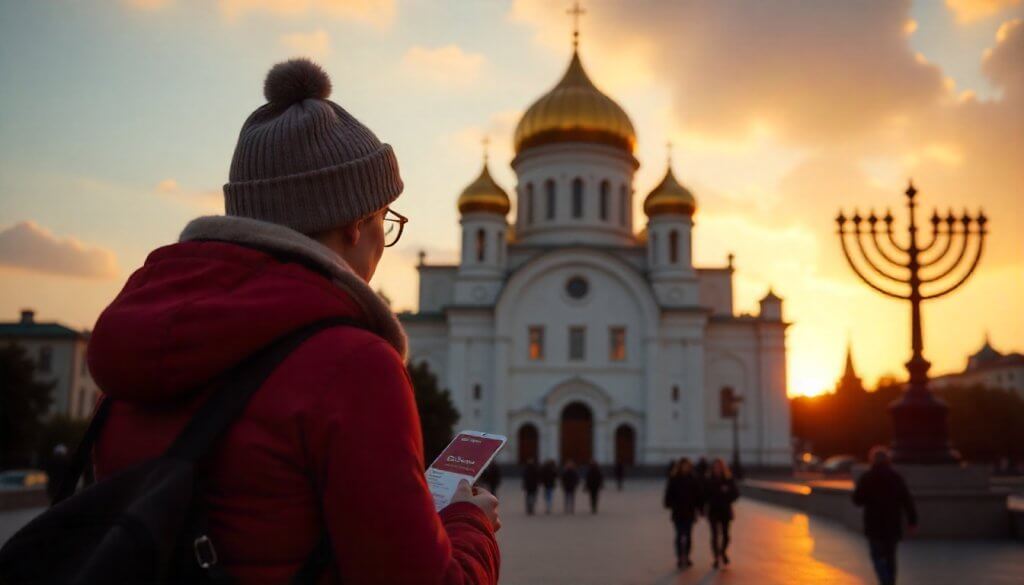 Exploring Moscow’s Jewish Heritage Sites and History in 2025">
Exploring Moscow’s Jewish Heritage Sites and History in 2025">
 Turismul sustenabil în Moscova: Cum pot ajuta vizitatorii în 2025">
Turismul sustenabil în Moscova: Cum pot ajuta vizitatorii în 2025">
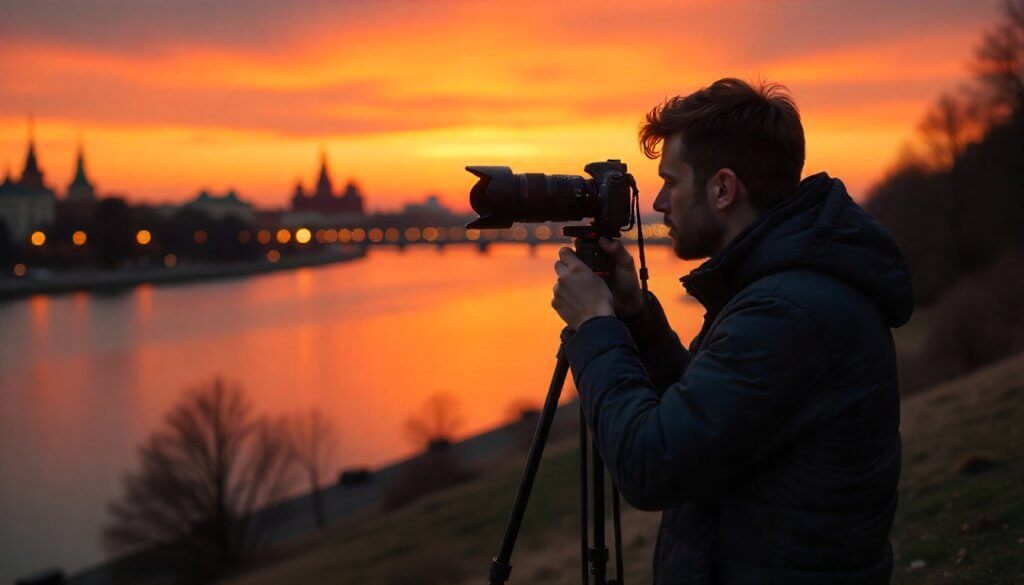 Cele mai bune locuri din Moscova pentru fotografii la apus în 2025">
Cele mai bune locuri din Moscova pentru fotografii la apus în 2025">
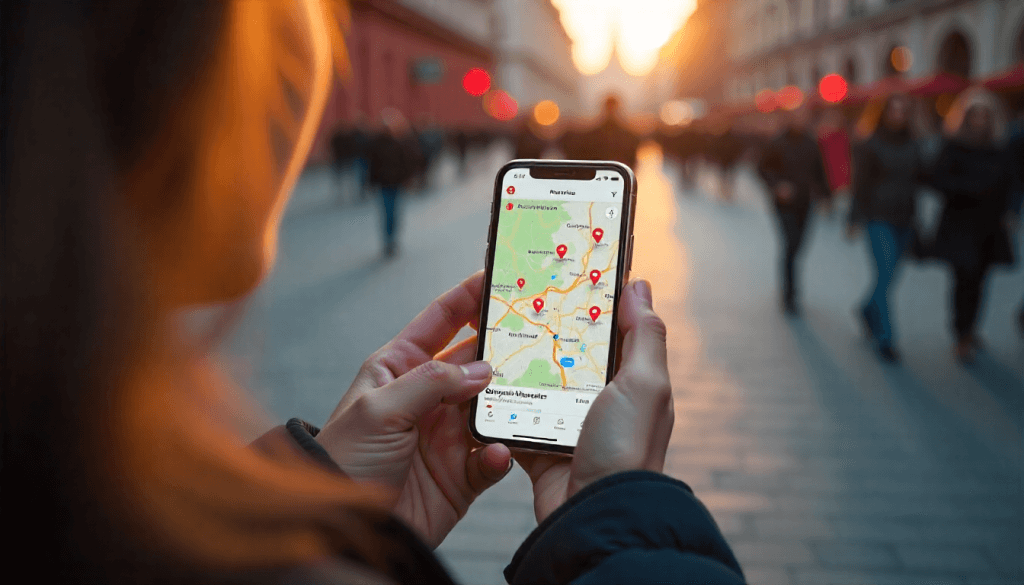 Moscow Pass App Mastery: Hidden Features Every Tourist Should Know">
Moscow Pass App Mastery: Hidden Features Every Tourist Should Know">
 Senior-Friendly Moscow: Comfortable Attractions for Mature Travelers">
Senior-Friendly Moscow: Comfortable Attractions for Mature Travelers">
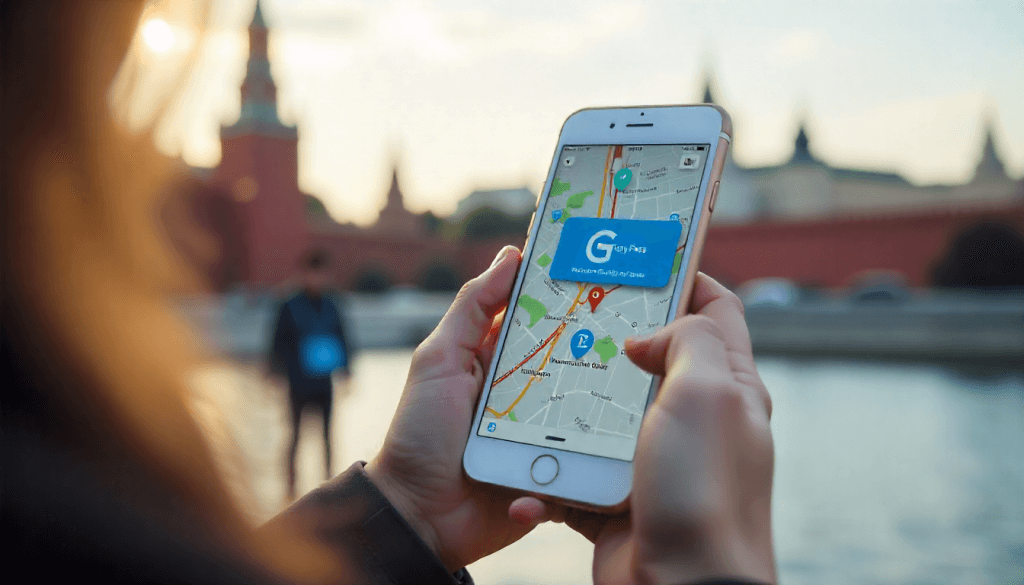 Funcțiile Digitale ale Moscow Pass: Cum să Vă Maximizați Experiența Amplificată de Tehnologie">
Funcțiile Digitale ale Moscow Pass: Cum să Vă Maximizați Experiența Amplificată de Tehnologie">
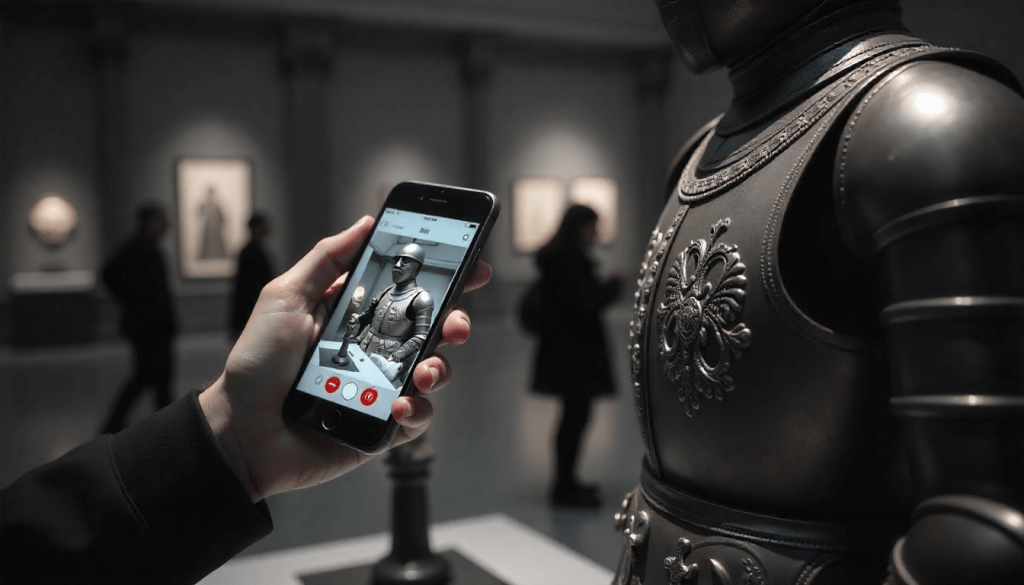 Aventuri cu coduri QR: Noile atracții interactive din Moscova">
Aventuri cu coduri QR: Noile atracții interactive din Moscova">
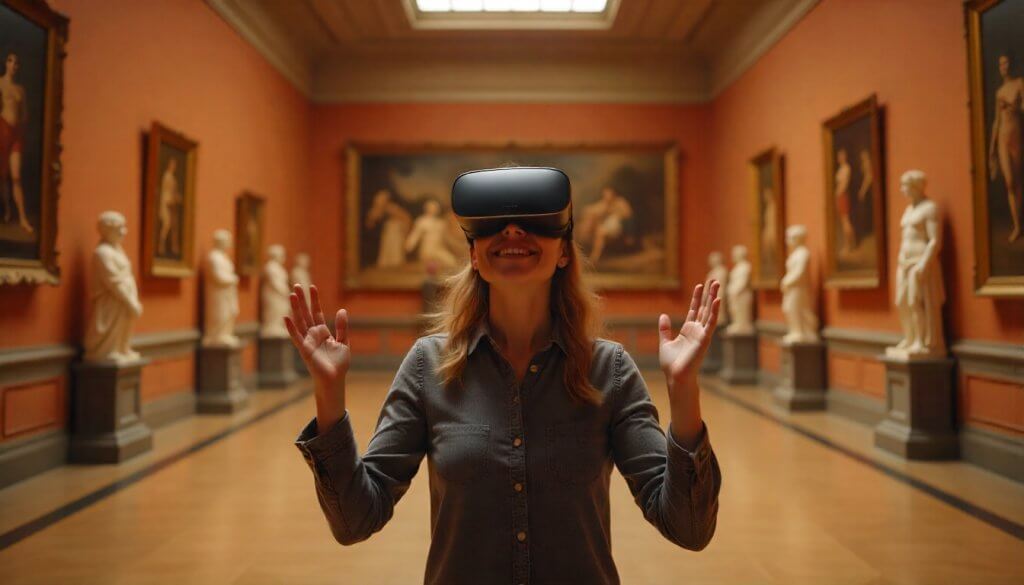 Muzee Virtuale în Realitatea Virtuală din Moscova: Când Fizicul Întâlnește Digitalul">
Muzee Virtuale în Realitatea Virtuală din Moscova: Când Fizicul Întâlnește Digitalul">
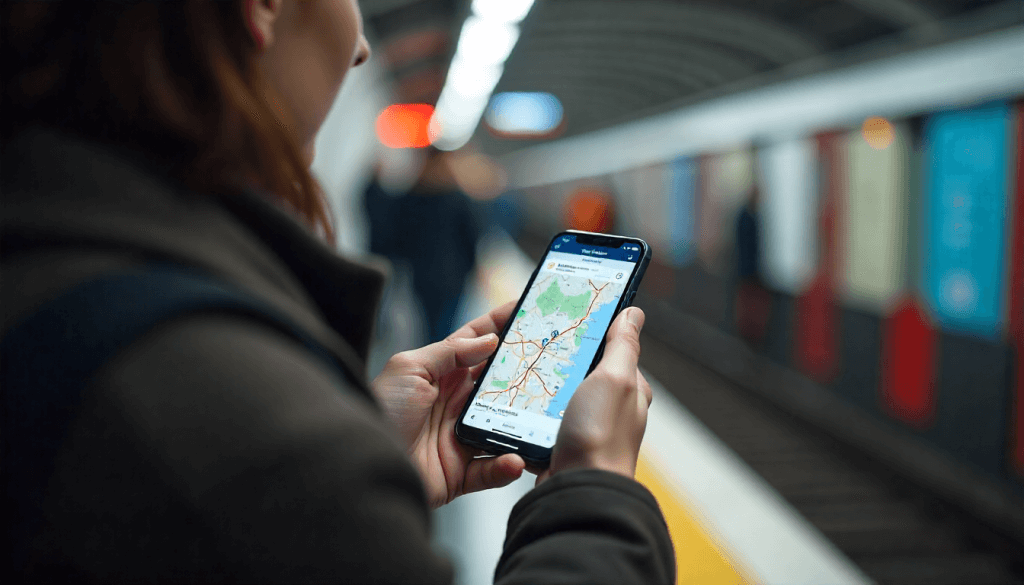 Turismul inteligent în Moscova: Aplicații și instrumente digitale pentru călătorii moderni">
Turismul inteligent în Moscova: Aplicații și instrumente digitale pentru călătorii moderni">
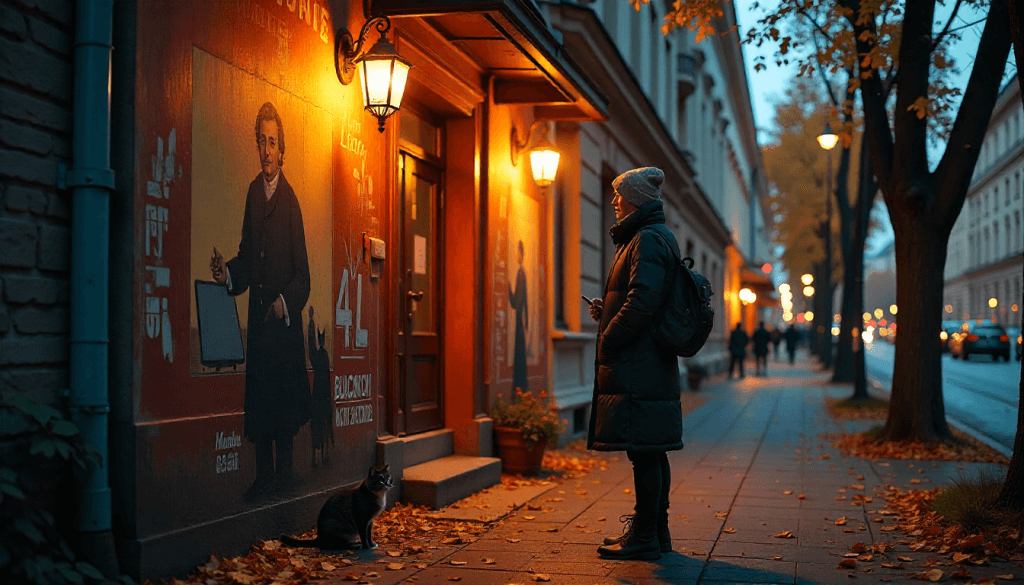 Moscova ascunsă: Locuri neexplorate pe care abonamentul tău le deblochează în 2025">
Moscova ascunsă: Locuri neexplorate pe care abonamentul tău le deblochează în 2025">